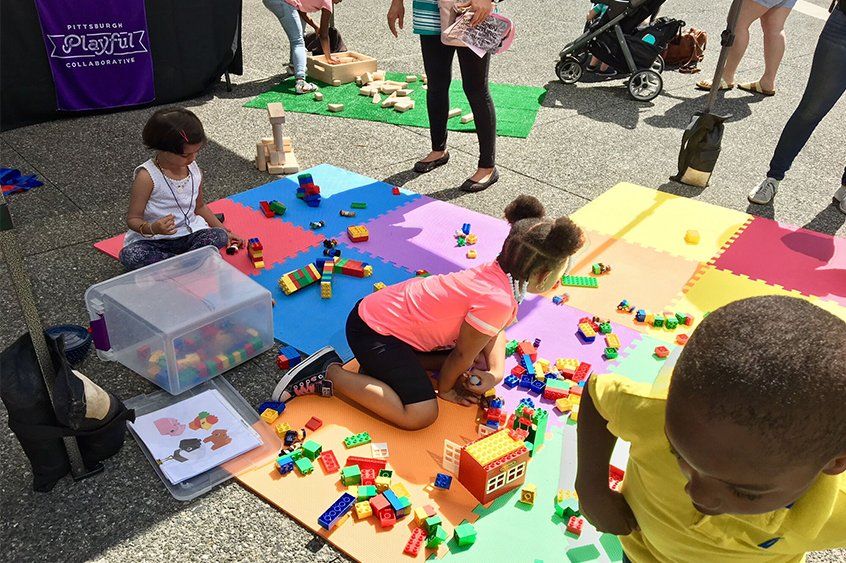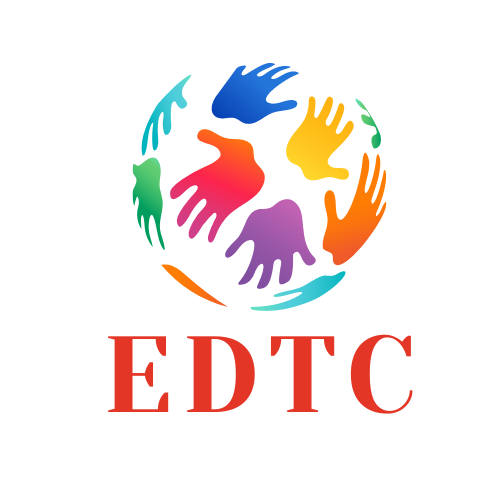Qualifications

The Higher Certificate is designed to provide access to higher education for many experienced and skilled ECD practitioners and trainers who do not have recognised qualifications. The purpose of this qualification is to:
- Develop ECD ETD practitioners (e.g. home-based, centre- and school-based practitioners including Grade R, family and community ECD motivators, fieldworkers, facilitators, trainers and managers) to provide appropriate education, training and development services in the ECD sub-field.
- Enable ECD ETD practitioners to use their knowledge of child growth and development from birth to nine years and relevant national policies to guide their professional practice in the ECD sub-field.
This qualification provides an opportunity for:
- Practitioners with a Level 4 certificate or equivalent in ECD to further their professional development in ECD by providing access to higher education and training qualifications and/or to specialise in aspects of ECD practice (e.g. Grade R) or specific roles (e.g. managers, trainers etc.).
- Practitioners with a Primary Teachers Certificate (PTC), Primary Teachers Diploma (PTD), or an equivalent of 120 credits to obtain an ECD certificate, either in the preschool phase and/or specialising in a reception year teaching.

This qualification is applicable to people within the clothing sector. Learners will be able to produce garments using a domestic lockstitch sewing machine. The purpose of the qualification is to build the competence of learners in the clothing sector at NQF Level 1 to address the following:
- The need for the learner to demonstrate an understanding of entrepreneurship and develop entrepreneurial qualities.
- The need for the learner to manage his/her personal finances, as well as demonstrate an understanding of basic accounting practices.
- The need for the learner to demonstrate an understanding of managerial expertise and administrative capabilities.
- The need for learners to demonstrate an understanding of the principles of supply and demand, and the concept production.
- The need for the learner to perform basic life support and/or first aid procedures in emergencies, and assist community members to access services in accordance with their health-related human rights.
- The need for the learner to comply with quality procedures and practices when finishing and storing pressed and ironed items.
- The need for the learner to demonstrate an understanding of how to participate effectively in the workplace.
- The need for the learner to research market trends and determine customer needs and in so doing successfully negotiate price and delivery requirements with customers.
- The need for the learner to identify component parts of a product and in so doing calculate the quantities and cost of various component parts as per customer requirements.
- The need for the learner to determine the appropriate material requirements and in so doing identify a range of suppliers from which to select a buy materials.
- The need for the learner to complete a minimum of two different garments or home textiles using a lockstitch sewing machine and in so doing a cut, sew, finish and inspect the completed garments.

This is an entry-level qualification for those who want to enter the field of Education, Training and Development, specifically within the sub-field of Early Childhood Development (ECD).
Many of those who will seek this Qualification are already practising within the field, but without formal recognition. This Qualification will enable recipients of this qualification to facilitate the all-round development of young children in a manner that is sensitive to culture and individual needs (including special needs), and enable them to provide quality early childhood development services for children in a variety of contexts, including community-based services, ECD centres, at home and in institutions. In particular, recipients of this qualification will be able to:
- Plan and prepare for Early Childhood Development.
- Facilitate and monitor the development of babies, toddlers and young children.
- Provide care and support to babies, toddlers and young children. Practitioners will generally carry out their role under the supervision and with the support of designed programmes.
- This Qualification will provide a means for formal recognition of those who are already practising in the field but without qualifications, as well as for those who wish to enter the field. This qualification will also provide a basis for further professional development in the higher education and training band for many experienced practitioners in the field who have had limited or difficult access to further career development opportunities.
